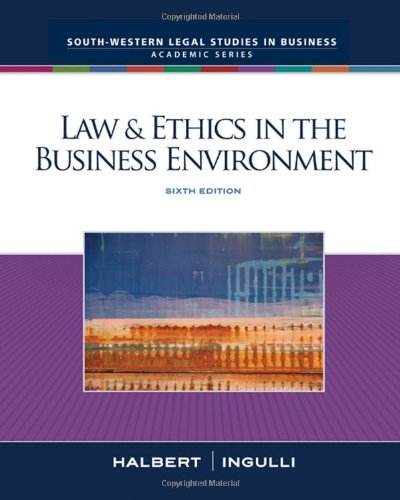Why does Locke believe people form government? Though the earth, and all inferior creatures, be common to
Question:
Why does Locke believe people form government?
Though the earth, and all inferior creatures, be common to all men, yet every man has a property in his own person: this no body has any right to but himself. The labour of his body, and the work of his hands, we may say, are properly his. Whatsoever then he removes out of the state that nature hath provided, and left it in, he hath mixed his labour with, and joined to it something that is his own, and thereby makes it his property.
It being by him removed from the common state nature hath placed it in, it hath by this labour something annexed to it, that excludes the common right of other men: for this labour being the unquestionable property of the labourer, no man but he can have a right to what that is once joined to, at least where there is enough, and as good, left in common for others.
§ 28. He that is nourished by the acorns he picked up under an oak, or the apples he gathered from the trees in the wood, has certainly appropriated them to himself . . . .
That labour put a distinction between them and common: that added something to them more than nature, the common mother of all, had done; and so they became his private right . . . .
§ 30 . . . [W]hat fish any one catches in the ocean, that great and still remaining common of mankind . . . is by the labour that removes it out of that common state nature left it in, made his property . . . . And . . . the hare that any one is hunting, is thought his who pursues her during the chase . . . whoever has employed so much labour . . . as to find and pursue her, has thereby removed her from the state of nature, wherein she was common, and hath begun a property . . . .
§ 32 . . . As much land as a man tills, plants, improves, cultivates, and can use the product of so much is his property. He by his labour does, as it were, inclose it from the common. Nor will it invalidate his right, to say every body else has an equal title to it;
and therefore he cannot appropriate, he cannot inclose, without the consent of all his fellow-
commoners, all mankind . . . . God and his reason commanded him to subdue the earth, i.e. to improve it for the benefit of life . . . .
§ 33. Nor was the appropriation of any parcel of land, by improving it, any prejudice to any other man, since there was still enough, and as good left . . .. So that, in effect, there was never the less left for others because of his inclosure for himself: for he that leaves as much as another can make use of, does as good as take nothing at all.
No body could think himself injured by the drinking of another man, though he took a good draught, who had a whole river of the same water left him to quench his thirst . . . .
Step by Step Answer:

Law And Ethics In The Business Environment
ISBN: 9780324657326
6th Edition
Authors: Terry Halbert , Elaine Ingulli





